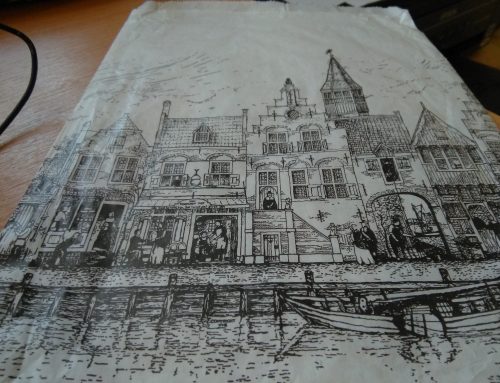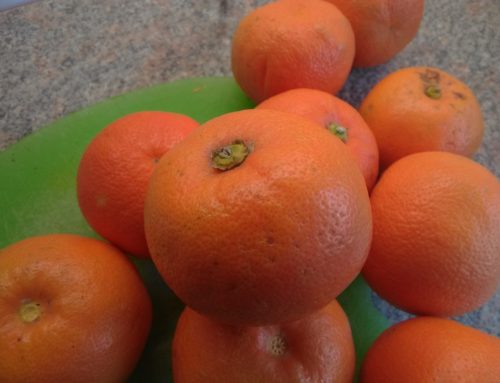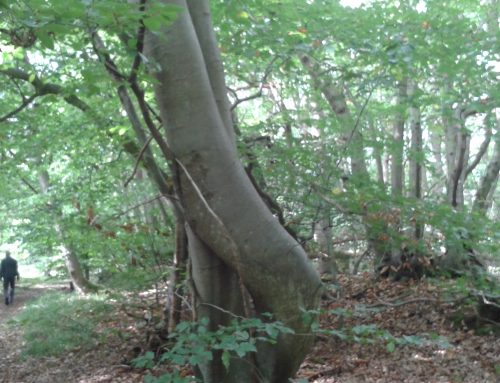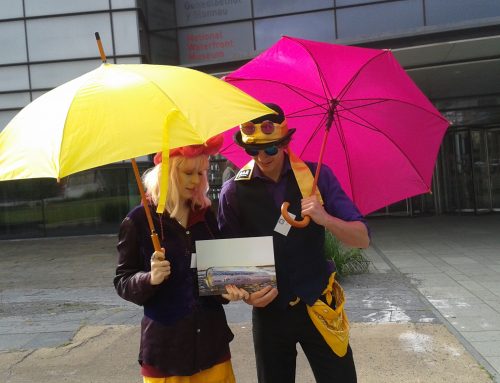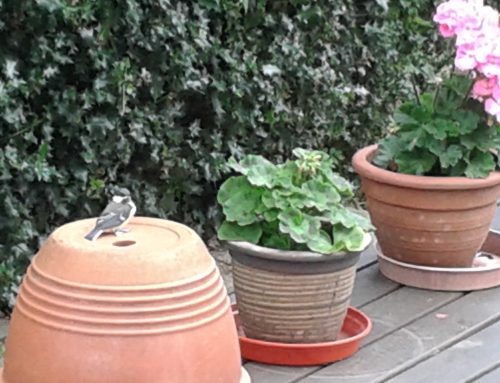Writing in community was a theme of last week. On Tuesday, I saw Malika Booker read at the University of Kent. She mentioned several times how writing groups, writing buddies and mentoring helped her in her practice. At the Lapidus Day, there were moving readings from Graham Hartill based on his work in prison, and Anne Caldwell on how she uses voice and personae to illuminate and interrogate the self, both her own and those of people in her workshops.
We were asked to record what Lapidus means to us on post-it notes. The word that came to my mind was ‘tribe’. There are various definitions in the online dictionaries but elements I like include the idea of a sociopolitical organisation consisting of a number of families, clans, or other groups who share a common ancestry and culture and among whom leadership is typically neither formalized nor permanent. Another definition is a social group comprising numerous families, clans, or generations together with slaves, dependents, or adopted strangers. I’m not sure there were many slaves, but lovely to see the ‘adopted strangers’ in the room as well as familiar faces.
On Saturday evening, I went to the launch of the Canterbury Laureate project, Wise Words, organised by Sarah Salway and celebrating a programme of creative writing workshops led by students of Kent and Canterbury Christchurch Universities. The cover image of the project anthology, a photograph by James Apps, is a celebration of the complexity of community. The seeds in the flower head look like a constellation of stars. They are all separate but together form a perfectly round structure. Once blown away, out into the world, they will create new flowers of their own.




